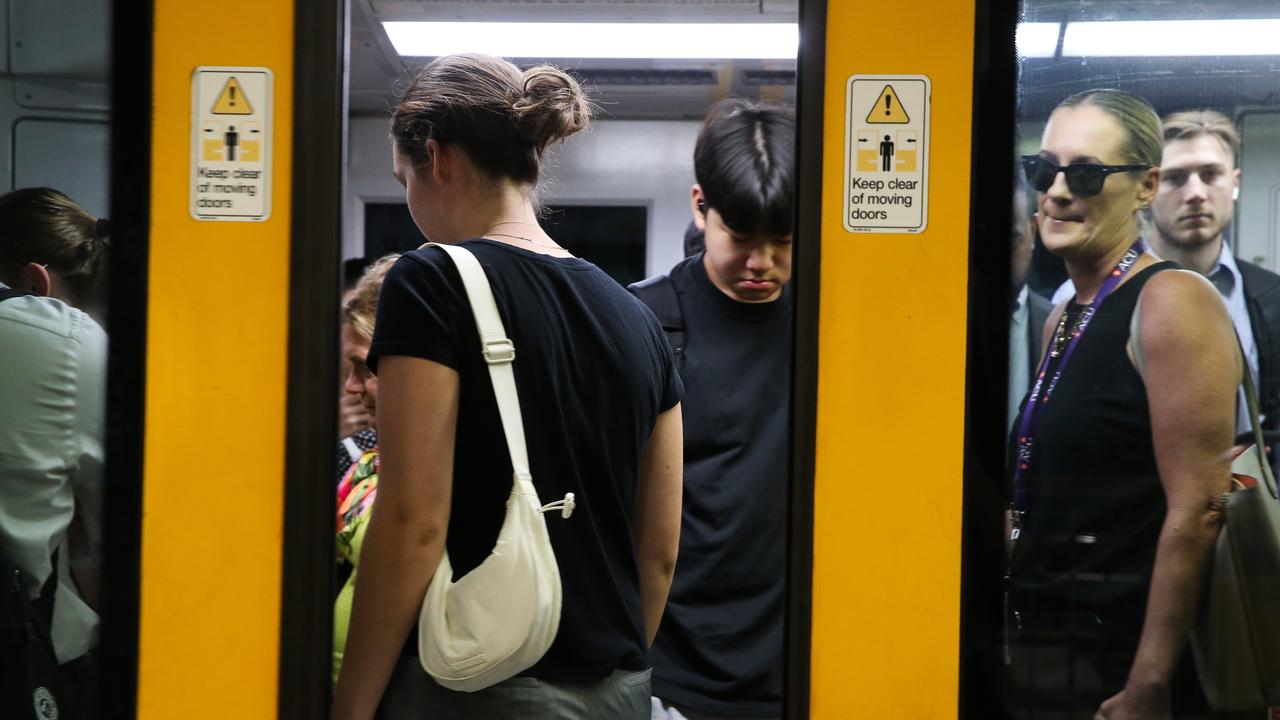Aussie workplace coach says long service leave is too outdated for Gen Z, Millennial workforce
An Australian workplace coach believes the concept of long service leave should be scrapped because it’s “outdated”.

An Australian workplace coach who believes long-term company loyalty is dead is calling for an end to long service leave.
Australian employees are entitled to long service leave under the National Employment Standards.
The details vary depending on state law and industrial instruments, such as an award or agreement, but it is designed to reward people with paid leave who have worked between seven to 15 years continuously with the same employer.
Some states like Victoria have a new portable long service leave scheme for workers in community services, contract cleaning and security, which means they can accrue long service entitlements and transfer them from job to job.
Victoria Mills, who has been a workplace coach for 20 years and founded Australian start-up Hello Coach, believes the concept of long service leave is outdated.
“While it may have worked as an incentive for previous generations, long-term loyalty for employees is quickly becoming a thing of the past,” she said.
“Australian executives would be better off spending their money on strategies to retain staff in the here and now rather than expecting that a payment in a decade’s time is going to incentivise staff to stay.”
Want to stream your news? Flash lets you stream 25+ news channels in 1 place. New to Flash? Try 1 month free. Offer available for a limited time only >

Ms Mills believes the scheme doesn’t fit Australia’s current “Tinder workforce”, where if employees are not satisfied with their current workplace they’ll just “swipe” to the next job.
She pointed to a Future of Education 2021 report by McCrindle Research that predicts today’s students will have 18 jobs across six careers in their lifetime.
The reason being is that the workforce has become increasingly digital and mobile, leading to “adaptable and fluid” career pathways.
The latest job mobility data from the Australian Bureau of Statistics showed of the 13.4 million people employed in the country in February, 55 per cent had been employed in their jobs less than five years.
Around 21 per cent had been in their job for less than a year, which was up from around 18 per cent the previous year.
Only 11 per cent of employed people 11 per cent had been in their current job for 20 years or more.

In the year to February, 1.3 million people (or 9.5 per cent of employed people) changed jobs, which was the highest annual job mobility rate since 2012.
Ms Mills said Australian companies were under “incredible pressure” to retain and attract talent, and needed to be thinking about what they could offer their staff today – including more upfront bonus structures, education and wellness programs.
“We’re currently experiencing the biggest generational shift in the workforce that we’ve seen in half a century. The youngest of the Baby Boomers are leaving and in their place comes Gen X and Gen Y leaders,” she said.
“They’re a mobile generation and they want flexibility. They don’t feel compelled to stay in a job like their previous counterparts and employers have to adjust to that.”
News.com.au asked Ms Mills how employees could be assured companies would give them other benefits in place of long service leave if it were to be scrapped.
“It’s really important for workers to be protected under government schemes but in this case society has changed and employment structures and protections need to change with it,” she said.
“I would definitely support policy makers reconstructing awards to make them more suitable for workers in this century which could involve mandatory entitlements for employee benefits in the ‘now’.”
The concept of long service leave in Australia is said to come from the 19th century when long-serving civil servants were given time to travel home to Britain.
Ray Markey, an emeritus professor in employment relations at Macquarie University, told ABC in 2019: “The length of time they got was about the time it took for a round trip on a clipper sailing ship – two weeks in the home country and then back again.”
More Coverage
When asked what the Australian Council of Trade Unions thought of the call to scrap long service leave, assistant secretary Liam O’Brien said it was an important entitlement that needed to be “adapted for our modern economy, not dismantled”.
“Long service leave, and all other forms of leave, should be portable between jobs and follow workers through their career,” he told news.com.au.
“Like our bargaining laws, the laws governing this entitlement have fallen out of step with how the workforce operates, and should be modernised.”






